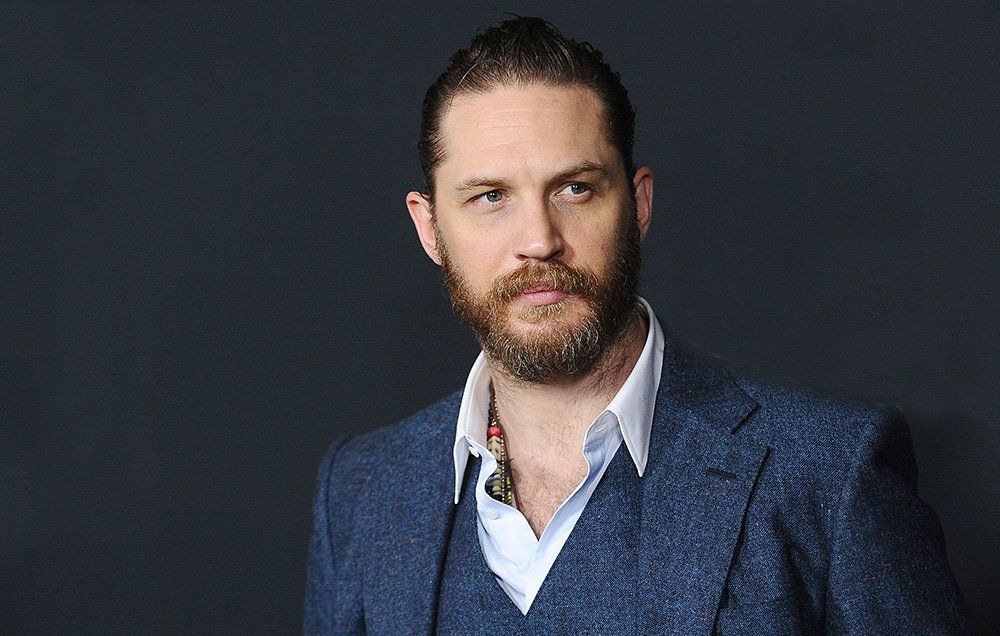Can Celebrities Be True Heroes?
Society has always been fascinated by celebrities, elevating them to near-mythical status. From musicians and actors to athletes and social media influencers, these public figures often serve as cultural icons, shaping trends, influencing opinions, and commanding immense attention. 
But beyond their fame and fortune lies a deeper question: can they truly embody the essence of heroism?
To explore this, we must dissect the essence of heroism, the role of influence, and the reality behind celebrity personas.
Defining Heroism: Beyond Glamour and Applause
Heroism is often romanticized as acts of bravery, selflessness, and moral courage. A hero is someone who transcends their self-interest to make sacrifices for the greater good, inspiring others to do the same. But does celebrity status inherently align with these traits?
Acts vs. Persona
True heroism is marked by tangible actions that create lasting impact, not just symbolic gestures. For instance, frontline healthcare workers during the COVID-19 pandemic risked their lives daily, embodying heroism in its purest form. Comparatively, while celebrities may amplify messages or donate generously, their contributions often exist within the realm of privilege.
Visibility vs. Impact
Being visible does not equate to being heroic. The line blurs when the actions of celebrities are magnified due to their status, while similar or greater efforts by ordinary individuals go unnoticed.
However, the modern concept of heroism is evolving, with influence and inspiration now playing pivotal roles. Can celebrities who use their platforms for change truly qualify as heroes?
The Power of Influence: A Double-Edged Sword
Celebrities wield immense power, thanks to their reach and ability to connect with millions. This influence can be a formidable force for good, yet it comes with inherent contradictions.
Positive Influence: Some celebrities leverage their platforms to champion meaningful causes. For example, actors like Leonardo DiCaprio and Emma Watson have become global advocates for environmental sustainability and gender equality, respectively. Their activism extends beyond surface-level endorsements, encompassing advocacy, funding, and policy influence.
Performative Activism: On the flip side, some efforts are criticized as "performative," with celebrities supporting causes primarily to enhance their public image. Empty hashtags or fleeting donations can dilute the sincerity of their intent.
The duality of influence lies in the motivations behind their actions. While the outcomes might still benefit society, can heroism be claimed without selfless intent?
Authenticity and the Burden of Perfection
The perception of celebrities as heroes often hinges on their authenticity—a trait that is paradoxical in an industry fueled by curated personas. This raises questions about their ability to be genuine role models.
Human Flaws in the Spotlight: Celebrities, like everyone else, are human and fallible. Scandals, missteps, or controversial opinions can tarnish their public image, undermining their heroic status. Their every move is scrutinized, making it challenging to maintain an unblemished legacy.
Pressure to Conform: Public expectation often forces celebrities to align with popular opinions, even when they may not hold them personally. The pressure to be universally admired can lead to inauthentic behavior, detracting from their potential heroism.
In contrast, ordinary heroes are often unencumbered by such scrutiny, allowing them to act authentically, driven by intrinsic motivation rather than public approval.
Can Fame and Heroism Coexist?
Ultimately, the question boils down to whether fame and heroism are compatible. While the two are not mutually exclusive, the conditions under which they coexist are nuanced.
Leveraging Privilege: Celebrities possess resources, networks, and platforms that ordinary individuals might lack. When used selflessly, these advantages can amplify the impact of their actions. For instance, Dolly Parton’s funding of COVID-19 vaccine research is a prime example of leveraging celebrity privilege for societal benefit.
Redefining Heroism: The concept of heroism may need to evolve to accommodate modern realities. While traditional heroes were often martyrs or warriors, today’s heroes might be those who inspire change through dialogue, creativity, or influence—qualities many celebrities embody.
However, heroism demands consistency. It is not a one-time act but a pattern of behavior that uplifts and empowers others. Celebrities who commit to lifelong advocacy and align their actions with genuine altruism can bridge the gap between fame and heroism.
Conclusion
Celebrities can be heroes, but the criteria for heroism require careful evaluation. Their ability to inspire and mobilize is undeniable, yet true heroism is defined by authenticity, selflessness, and sustained impact. While some celebrities rise to the occasion, others fall short, revealing the inherent complexities of blending fame with heroism.
Society's tendency to elevate celebrities as heroes should be balanced with a recognition of everyday heroes whose contributions often go unnoticed. In a world hungry for role models, perhaps the greatest lesson is this: heroism is not about the spotlight but about the light one brings to others, whether on stage or in the shadows.
References
- The Psychology of Heroism
- Dolly Parton Donates $1M to COVID-19 Vaccine Research
- Leonardo DiCaprio’s Climate Change Advocacy
- The Role of Celebrities in Advocacy Movements
- Emma Watson’s UN HeForShe Campaign
- Performative Activism: A Growing Concern
- Can Influence Be Heroic?
- The Impact of Celebrities on Social Movements
- Authenticity in Celebrity Culture
- The Evolution of Modern Heroism



![[LIVE] Engage2Earn: auspol follower rush](https://cdn.bulbapp.io/frontend/images/c1a761de-5ce9-4e9b-b5b3-dc009e60bfa8/1)













































